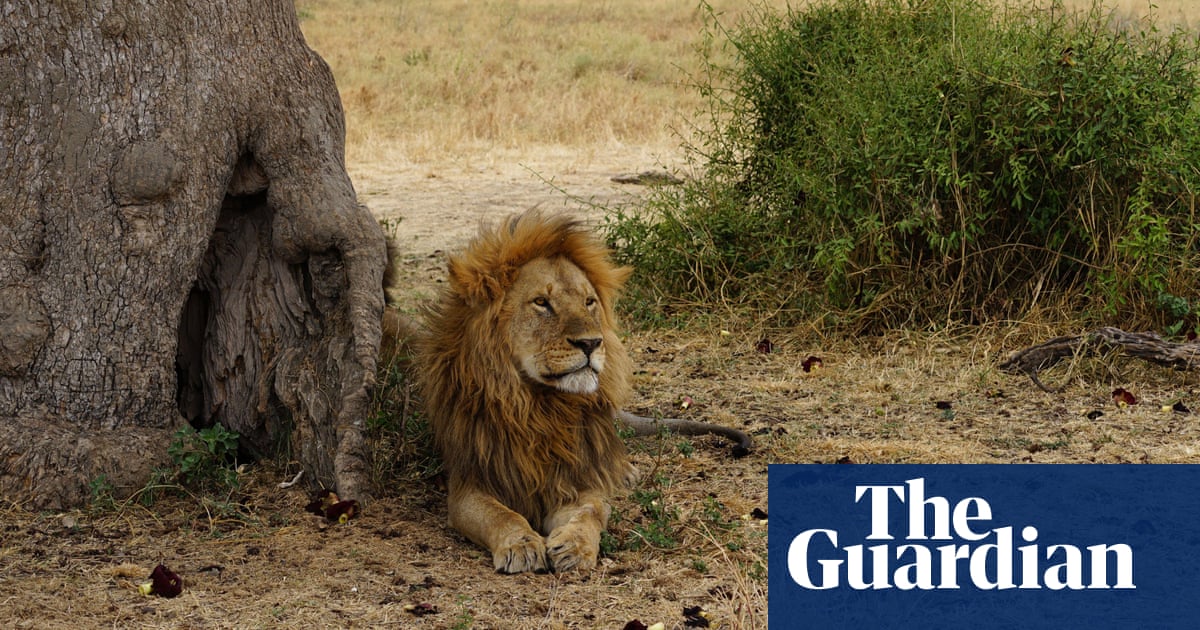When a lion decides to chase down a zebra it seems as though nothing can stop it. But now researchers have discovered these enormous predators are being thwarted by a tiny foe: ants.
Scientists have found the spread of big-headed ants in east Africa sets off a situation leading to lions making fewer zebra kills.
Prof Todd Palmer of the University of Florida, a co-author of the research, said the findings were a surprise. “I was stunned,” he said. The fewer kills appear to be due to the upending of a crucial relationship – between native ants and the trees in which they live, causing a loss of cover for lions.
This is the best summary I could come up with:
Scientists have found the spread of big-headed ants in east Africa sets off a situation leading to lions making fewer zebra kills.
Prof Todd Palmer of the University of Florida, a co-author of the research, said the findings were a surprise.
The fewer kills appear to be due to the upending of a crucial relationship – between native ants and the trees in which they live, causing a loss of cover for lions.
Acacia ants protect whistling-thorn trees by biting and stinging elephants looking for a snack.
To unpick the wider ecological impacts Palmer and colleagues first studied a number of plots in Laikipia, Kenya, some where elephants were present, some where they were excluded.
The team found that when big-headed ants and elephants were present there was a drop in tree cover and a dramatic increase in visibility.
The original article contains 499 words, the summary contains 139 words. Saved 72%. I’m a bot and I’m open source!



